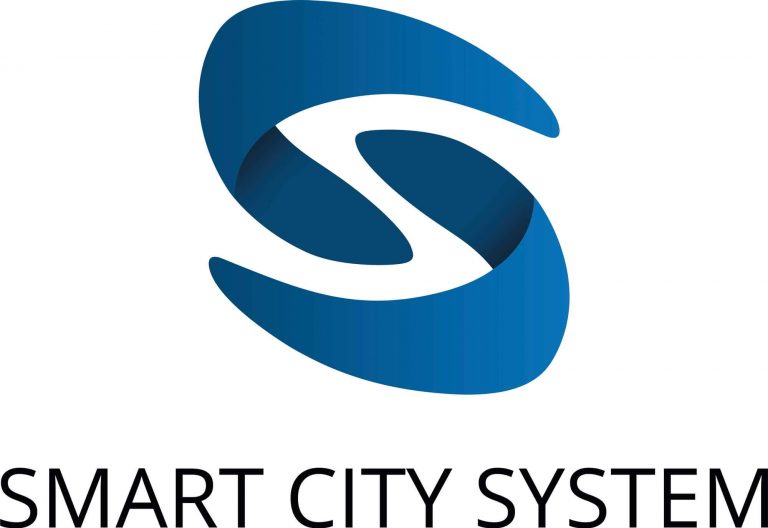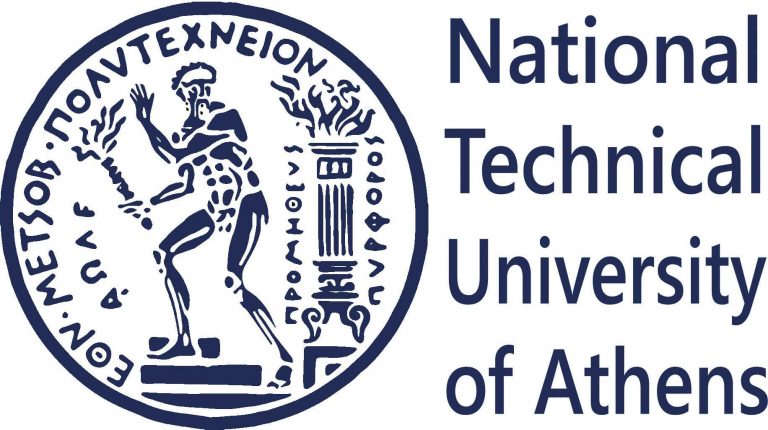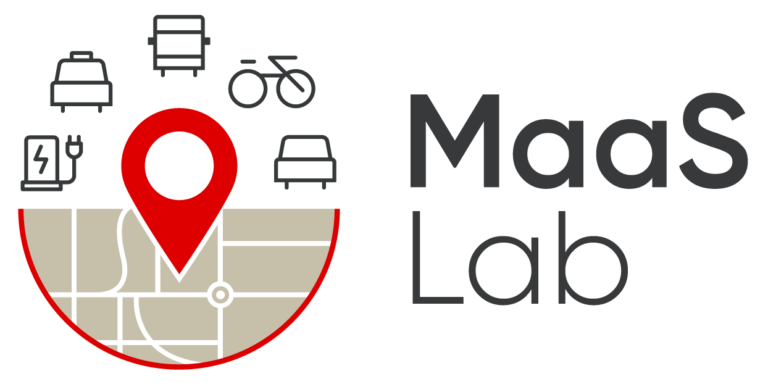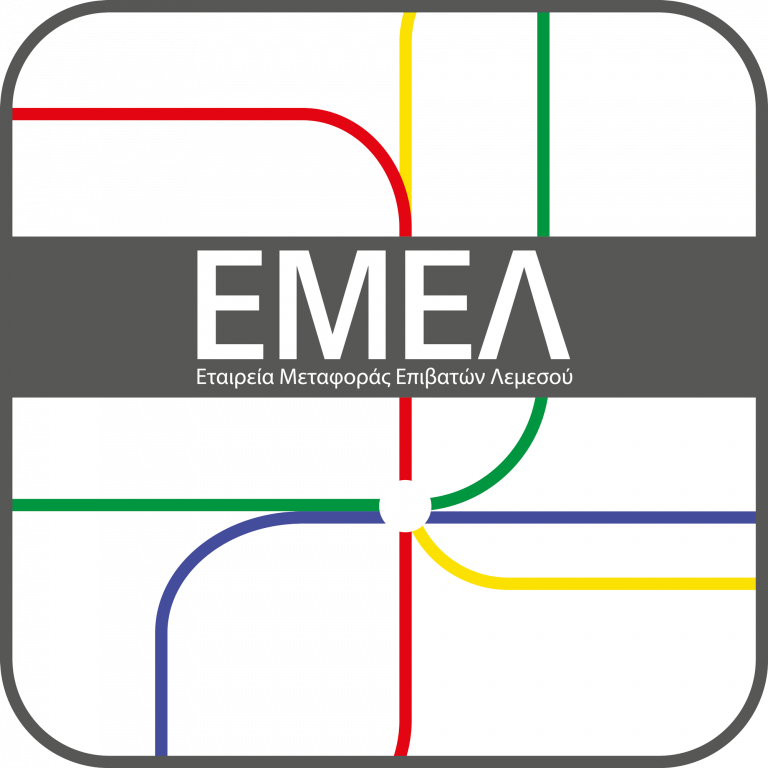Malta is an island nation with a population of 516,000 (NSO, 2021) and includes two sister islands, Gozo and Comino. In the metaCCAZE project, the primary focus will be on Gozo, and will also include the main island of Malta.
As of 2022, the modal share for public transport is only 4.4% in Gozo and 5.2% in Malta.
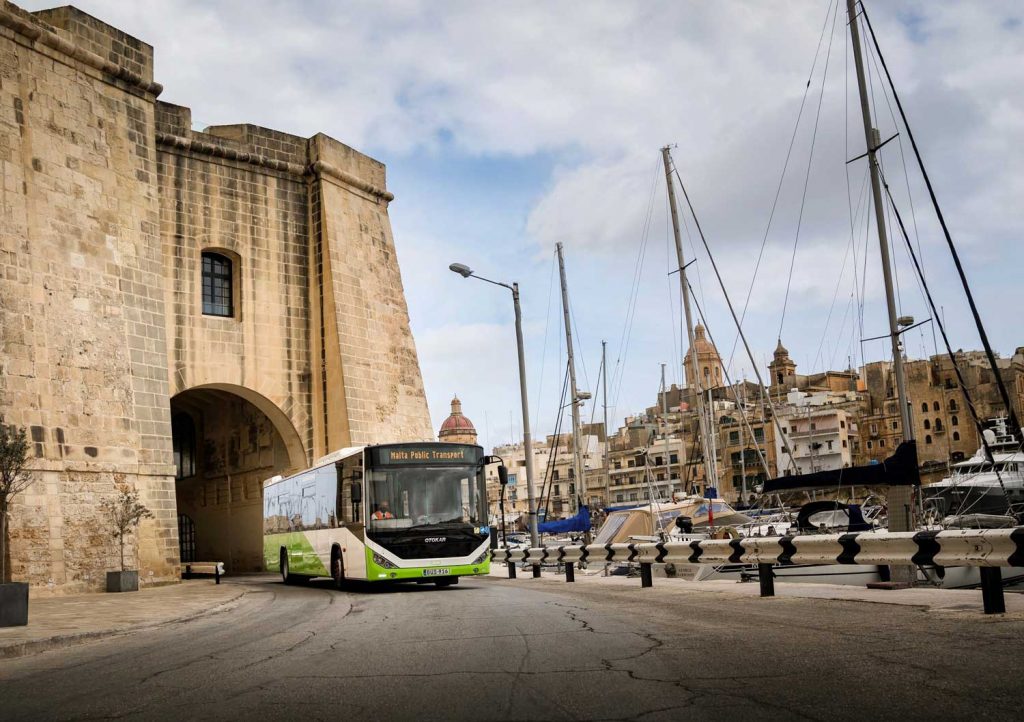
Challenges
- Population density along with high car dependence results in traffic congestion.
- More than 97% of the cars are petrol/diesel-powered and less than 3% uses alternative fuel.
- Public transport is not an attractive option, with a modal split of less than 10%
- Public transport routes are perceived as inefficient, as they serve many different areas along the same journey.
Therefore, it is very challenging for Gozo and Malta to reach their climate neutrality goals while it is also challenging to change a heavily car-oriented transport system to become greener and multimodal.
Use cases
The objective is to demonstrate on-demand automated e-bus service across several routes to understand how this new service can be designed effectively and attract new users. Essentially, it is aimed to understand the feasibility of deploying such service on a larger scale, assess aspects like accessibility, cost-effectiveness, safety, and equity.
Role of Gozo living lab in metaCCAZE
Malta has identified a set of routes where they consider an automated on-demand bus would be most beneficial and would attract new users. The living lab will establish what infrastructural changes, that is smart signs and charging points would be required to enhance the automated e-shuttle/e-bus. Solutions related to automation and electromobility will be defined through cross-fertilisation activities from Limassol and Tampere.
Contact
- Donna Borg Micallef
- donna.borg-micallef@gov.mt
- Ministry for Transport, Infrastructure and Public Works
- Karyn Scerri
- karyn.scerri@um.edu.mt
- University of Malta
- Malta Public Transport





